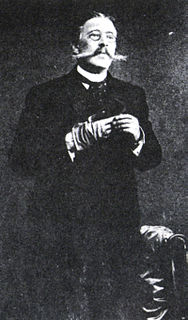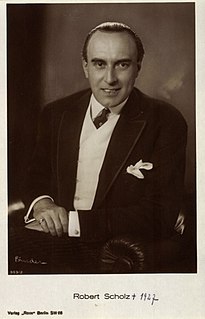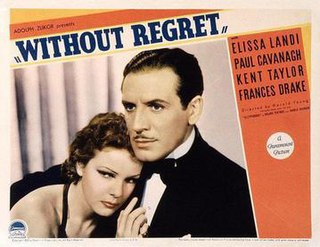Unknown or The Unknown may refer to:

The Living Corpse is a Russian play by Leo Tolstoy. Although written around 1900, it was only published shortly after his death—Tolstoy had never considered the work finished. An immediate success, it is still performed.

Alfred Peter Abel was a German film actor, director, and producer. He appeared in more than 140 silent and sound films between 1913 and 1938. His best-known performance was as Joh Fredersen in Fritz Lang's 1927 film, Metropolis.

Robert Scholz was a German film actor of the silent era. He appeared in 76 films between 1919 and 1928. He was born in Germany and died in Berlin.
Arsène Lupin contra Sherlock Holmes is a 1910 German drama film serial directed by Viggo Larsen. The survival status of any of the episodes is unknown.
Raskolnikow is a 1923 German silent drama film directed by Robert Wiene. The film is based on the novel Crime and Punishment by Fyodor Dostoyevsky, whose protagonist is Rodion Raskolnikov. The film's art direction is by André Andrejew.
Friedrich Kühne, born Franz Michna, was a German film actor of the silent era. He appeared in 104 films between 1913 and 1957.
Amazon usually refers to:
The Hard Way is a 1916 British silent crime film directed by Walter West and starring Muriel Martin-Harvey, Joseph Tozer and Thomas H. MacDonald. It was the first film to be shot at Broadwest's newly acquired Walthamstow studios. Its plot concerns an English artist's wife who commits bigamy in Paris.
Rudolf Walther-Fein (1875–1933) was an Austrian film director of the Silent and early sound era. He directed the first full sound film to be released in Germany It's You I Have Loved in 1929.
Leonhard Haskel was a German stage and film actor and drama teacher.
Rudolf Dworsky (1882–1927) was a German film producer and director of the Silent era. His production company was called Aafa-Film (Althoff-Ambos-Film), Berlin, the co-owner was the producer Gabriel Levy.
Clementine Plessner was an Austrian stage and film actress. Plessner worked in the German film industry and appeared in over sixty films, mostly during the silent era. Plessner featured in Richard Oswald's enlightenment film Different from the Others and F.W. Murnau's Journey into the Night.

Without Regret is a 1935 American drama film directed by Harold Young starring Elissa Landi, Paul Cavanagh and Frances Drake. It also features an early appearance by David Niven.
Aafa Film or Aafa-Film was a German film production and distribution company which operated during the 1920s and 1930s. Established in 1920 as Radio-Film the company was controlled by the producer Gabriel Levy and the director Rudolf Dworsky. The company was one of the leading producers of the Weimar Republic, and survived the transition from silent to sound film in 1929. It made the first German full sound film It's You I Have Loved that year. During the early 1930s Aafa produced a number of mountain films directed by Arnold Fanck. It also made a multi-language version musical Lieutenant, Were You Once a Hussar? (1930).
Margit Barnay (1896–1974) was a German film actress of the silent era.

The Living Corpse is a 1929 German-Soviet silent drama film directed by Fyodor Otsep and starring Vsevolod Pudovkin, Maria Jacobini and Viola Garden. It is based on the play The Living Corpse by Leo Tolstoy. It was made as a co-production between the Russian-based Mezhrabpomfilm and the Communist-backed German company Prometheus Film.
The Silent Mill or The Story of the Silent Mill is a 1914 German silent drama film directed by Richard Oswald and starring Alfred Abel, Ferdinand Bonn and Robert Valberg.
This page is based on this
Wikipedia article Text is available under the
CC BY-SA 4.0 license; additional terms may apply.
Images, videos and audio are available under their respective licenses.






